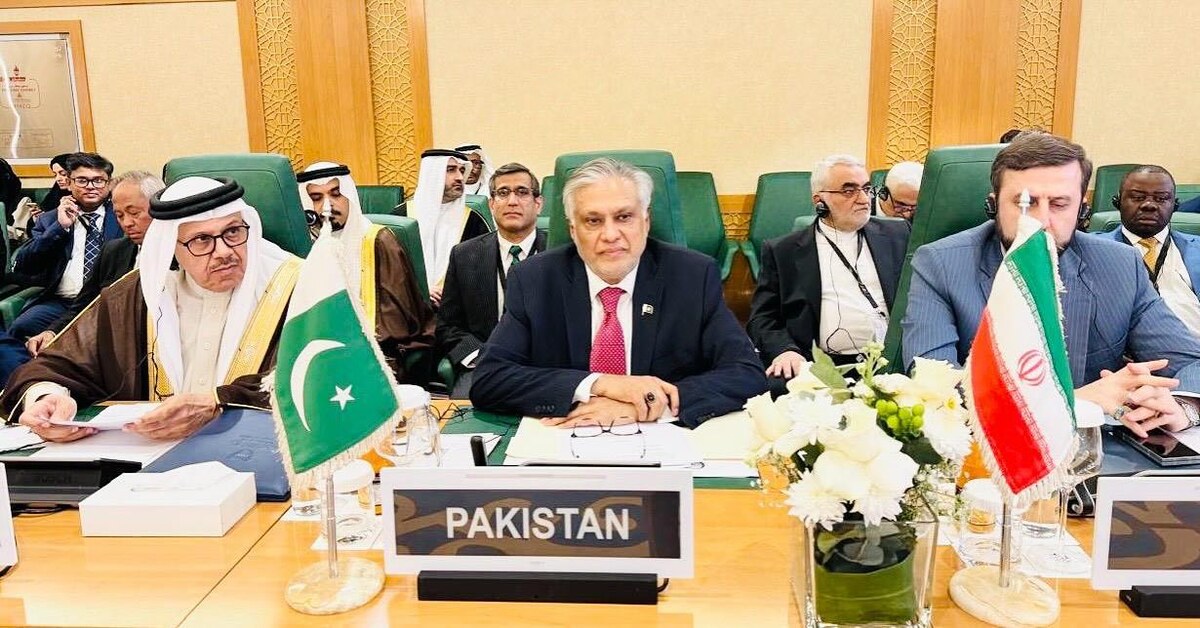KARACHI: A veteran Pakistani classical dancer, who co-founded a feminist organization as early as the 1970s, said on Friday her entire career was an act of defiance against societal norms, as she earned recognition for championing women’s rights through artistic performances and activism.
Born into a family that valued the arts, Sheema Kermani said she was exposed to music, literature, theater and painting from an early age.
Initially, she studied fine arts but later embraced classical dance as a form of expression, training under Guru Ghanshyam and his wife, two prominent dancers originally from Bombay, who set up the Rhythmic Arts Academy in Karachi, contributing to the city’s cultural landscape.
However, she said her passion was restrained under the military rule of General Zia-ul-Haq, who seized power in 1977, just two years after she began dancing, and imposed strict Islamic laws, banning dance and music.
“My dance, without me wanting it to, became a form of protest,” she told Arab News. “It became an act of defiance, but defiance through art.”
“It was a statement saying this is beautiful, this is love, this is devotion, this is a celebration of nature, of the universe, of life, and I will continue doing it,” she added.
Kermani said the general tried to legitimize his rule by launching a program to transform Pakistan into an Islamic state, making people believe that music and dance were alien to their country’s culture.
“But I felt it was part of our culture,” she continued, arguing that a look at Indus Valley Civilization excavations reveals statues of dancing figurines, proving the historical roots of performance arts in the region.
In the late 1970s, Kermani co-founded Tehreek-e-Niswan, a feminist organization that used art to advocate for women’s rights. She also worked as an actor, starring in several dramas, including the popular “Chand Grehan,” where she played the role of Ameer-ul-Nisa.
Kermani said her activism extended beyond the stage, making her instrumental in launching Aurat March in 2018, an annual demonstration advocating for gender equality and social justice.
“We wanted to say that the road is also our space, the park is also our space,” she said. “Why should we be confined only within four walls and a veil? We are equal humans. So, recognize us as equal human beings, and we will fight for our spaces.”
Held annually on March 8 to celebrate International Women’s Day, Aurat March takes place in major cities like Karachi, Lahore and Islamabad, often sparking debates due to its bold slogans and demands for legal, social and economic reforms. Over the years, it has gained momentum, drawing thousands of participants from diverse backgrounds.
For Kermani, the day symbolizes global feminist solidarity.
“It’s about our freedoms, it’s about our liberties, it’s about the celebration of those women who died but who struggled, who fought, who kept on fighting and left something better for their daughters to follow,” she said.
This year, Aurat March will be held on May 11, aligning with Mother’s Day to highlight unpaid labor and a woman’s right to choose motherhood.
Kermani said March 8 will focus on solidarity with Palestinian women, who have suffered due to the brutal conflict in Gaza, and Afghan women, who are denied education.
Kermani said such global causes came close to her heart and recalled how she was asked to leave a British diplomatic event in November 2023 after she raised pro-Palestinian slogans.
“I see in the future a society where there is no war,” she said. “You know, I think women will play a role in that because women are basically, I think, intrinsically anti-war. Women are nurturers, they give birth to children, they raise children, they create harmony and love between humans.”
Asked if she ever thought of moving abroad in the face of opposition, she said that while other dancers left Pakistan when their profession was banned under Zia’s regime, she instead chose to perform solo.
“Why should I go away from this country?” she asked. “It’s my country, my heritage and my culture.”
She said she would continue to perform and advocate for social change.
“I don’t feel tired. I think I’ll do it till I die because it makes me happy.”
















